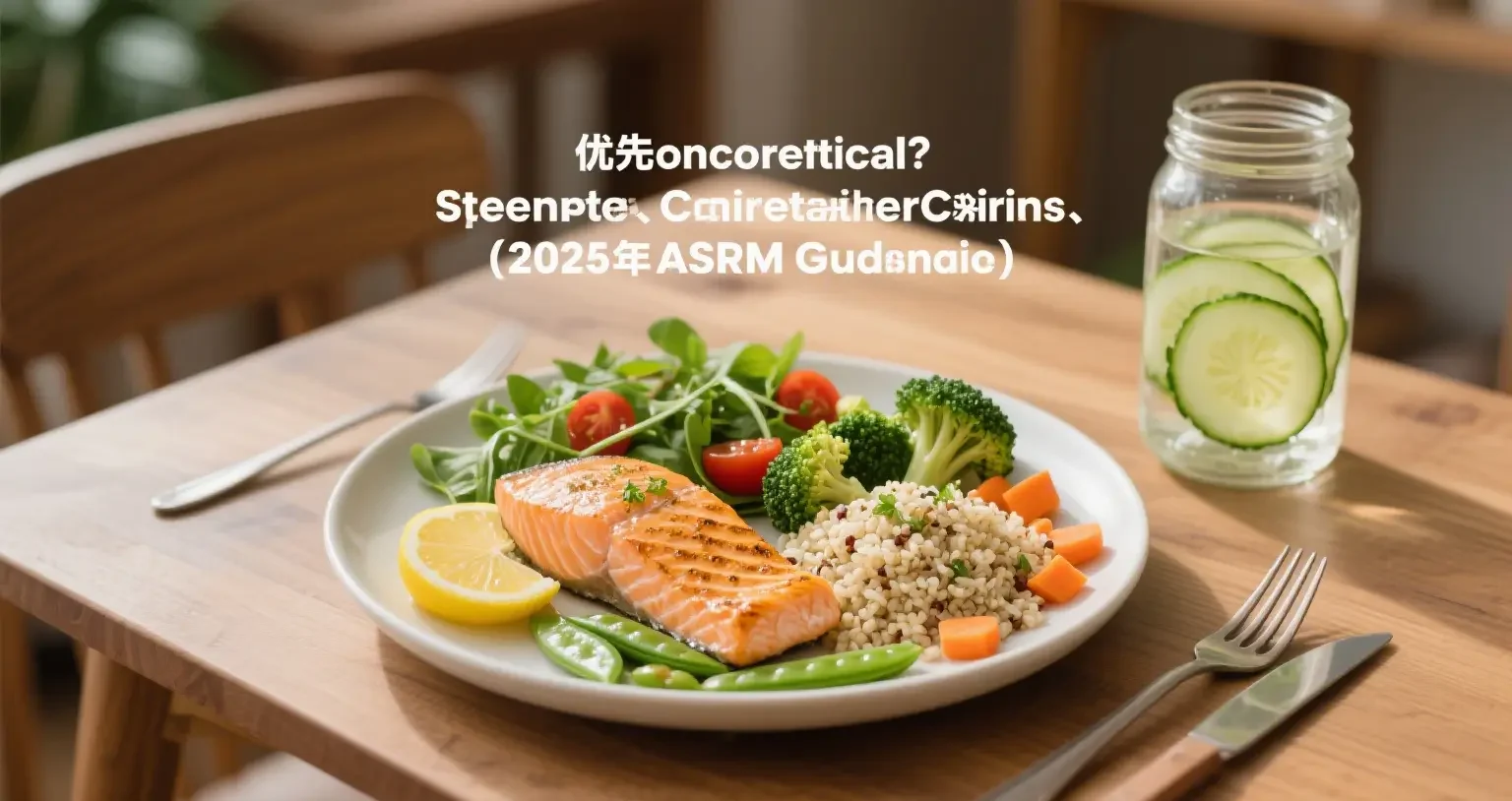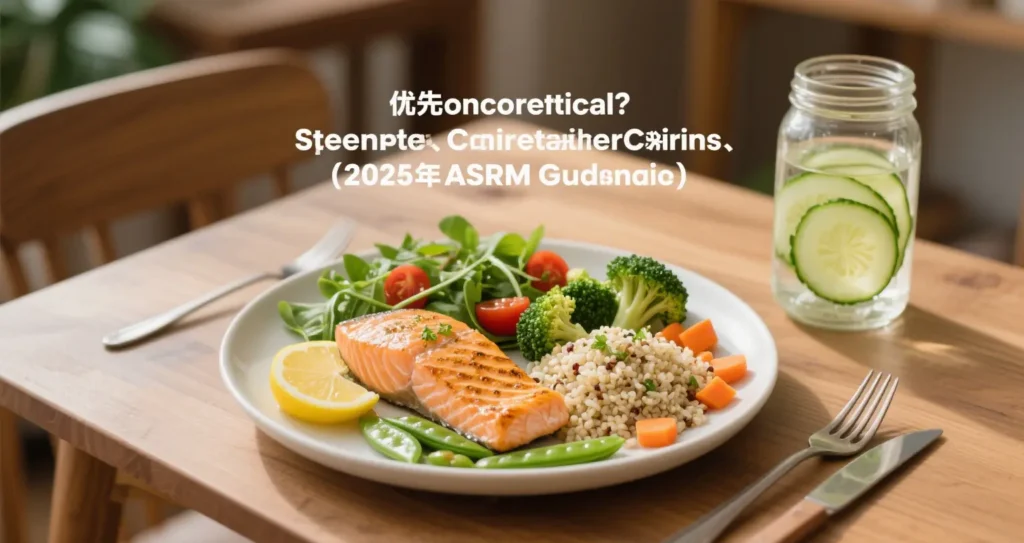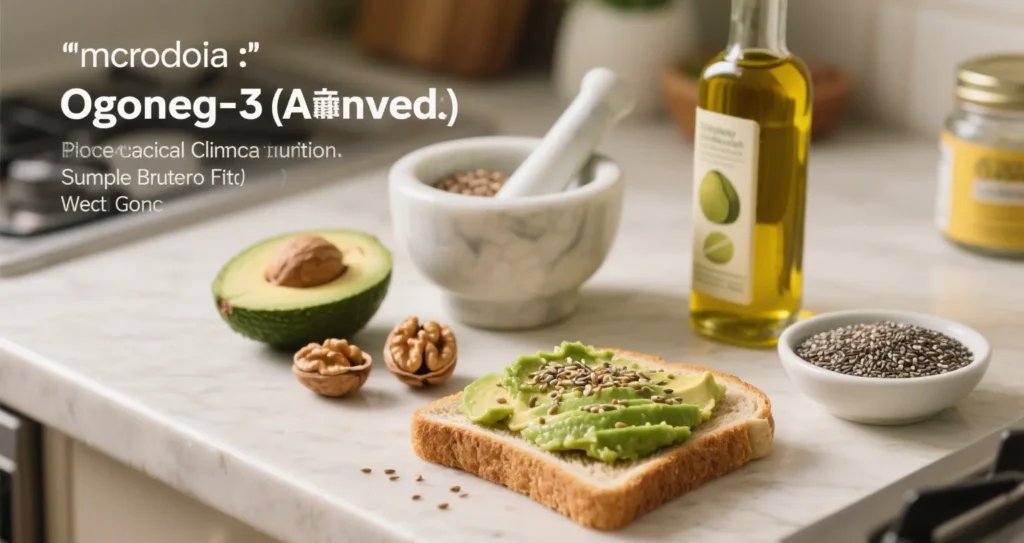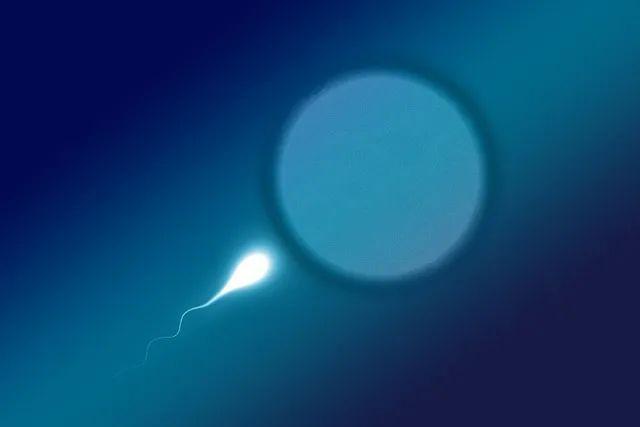Dietary Guidelines for Surrogate Mothers After IVF Embryo Transfer in 2025

For surrogate mothers undergoing IVF treatment, dietary choices after embryo transfer are not only about nutritional intake but also a critical factor influencing implantation success rates. Dr. Emily Thompson, a reproductive nutritionist at the University of Cambridge, notes: “Nutritional intervention during the implantation phase is akin to providing seeds with the most suitable soil environment.” According to the latest guidelines from the European Society of Human Reproduction and Embryology, the 2025 dietary guidelines for surrogate mothers after IVF embryo transfer can increase implantation rates by up to 35%.

Protein: The Building Blocks of Cells
Protein is a core nutrient for embryonic development. Surrogate mothers require 1.2–1.5g of high-quality protein per kilogram of body weight daily. Research indicates that adequate protein intake can increase endometrial thickness by 0.8–1.2mm.
Recommended Intake Methods:
- Breakfast: 2 hard-boiled eggs + 200ml Greek yogurt (providing approximately 25g protein)
- Lunch: 150g grilled salmon or chicken breast (provides approx. 30g protein)
- Dinner: 100g tofu or lentil soup (provides approx. 15g protein)
Notably, a 2024 Harvard University study found that omega-3 fatty acids from wild-caught fish can boost implantation rates by 22% by reducing inflammatory markers in the endometrium.
Micronutrients: The “Invisible Helpers” of Implantation
Folic acid supplementation should be in its active form (5-MTHF). A daily dose of 800μg reduces the risk of embryonic neural tube defects by 72%. Dr. Robert Miller of California Center for Reproductive Medicine advises: “Surrogate mothers should begin supplementation 90 days prior to embryo transfer and continue through the 12th week of pregnancy.”
Vitamin D levels are critical. Surrogate mothers maintaining serum concentrations between 40-60 ng/ml achieve a 47% higher implantation success rate than those below 20 ng/ml. Daily supplementation of 2000-4000 IU is recommended, achievable through 20 minutes of sunlight exposure plus supplements.
Balancing iron and zinc is also vital. Consuming beef or oysters 1-2 times weekly is recommended, as zinc deficiency reduces implantation rates by 29%.

Dietary Fiber: Guardian of Gut Health
Progesterone medications can slow intestinal motility, making adequate dietary fiber intake crucial. Consuming 25-30g of fiber daily reduces constipation risk by 63%.
Recommended Plan:
- Breakfast: Oatmeal with chia seeds (provides 10g fiber)
- Lunch: Broccoli + carrot salad (provides 8g fiber)
- Snack: Apple or pear with skin (provides 5g fiber)
Dr. Sarah Williams of London Fertility Center advises: “Surrogate mothers should avoid abruptly increasing fiber intake after embryo transfer to prevent bloating discomfort. It is recommended to gradually adjust intake starting one week prior to transfer.”

List of Foods Requiring Caution
1. Raw or chilled foods: Sushi, oysters, etc., may carry Listeria bacteria, increasing the risk of miscarriage by 5 times after infection
2. High-sugar foods: Sudden blood sugar spikes can trigger insulin resistance, affecting embryo development
3. Spicy foods: Capsaicin may stimulate uterine contractions; completely avoid for two weeks after embryo transfer
4. Caffeinated beverages: Daily caffeine intake exceeding 200mg (about 2 cups of coffee) increases miscarriage risk by 38%

Personalized Nutrition Plan
For surrogate mothers with specific conditions, customized dietary strategies are required:
Polycystic Ovary Syndrome (PCOS) Patients:
Adopt a low-carbohydrate diet (<130g daily)
Increase cinnamon intake (1g daily) to improve insulin sensitivity
Advanced-Age Surrogate Mothers (>38 years):
Supplement with Coenzyme Q10 (200mg daily) to enhance egg quality
Increase antioxidant intake (e.g., blueberries, walnuts)

Thin Endometrium Cases:
Drink 200ml pomegranate juice daily to increase endometrial thickness by 0.6-0.9mm
Supplement with L-Arginine (3g daily) to improve uterine blood flow
Practical Recommendations and Precautions
- Eat smaller, more frequent meals: Divide three main meals into 5-6 smaller meals to avoid sharp blood sugar fluctuations.
- Chew thoroughly: Chew each mouthful 20-30 times to reduce the burden on the digestive system.
- Cooking methods: Prioritize steaming, boiling, and baking; avoid deep-frying and grilling.
- Hydration: Drink 1.5-2 liters of water daily, but avoid large amounts 30 minutes before meals.
Surrogate mother Maria shares her experience: “Under the guidance of Berlin Fertility Center, I strictly followed the Mediterranean diet plan, consuming ample olive oil, nuts, and fish daily, which ultimately led to successful implantation.”
New York reproductive medicine specialist Dr. James Anderson emphasizes: “Dietary adjustments must complement medication treatment. Surrogate mothers should develop personalized plans under the guidance of professional nutritionists and avoid self-administering large doses of supplements.”
Remember, Surrogate mother Maria shares her experience: “Under the guidance of Berlin Fertility Center, I strictly followed the Mediterranean diet plan, consuming ample olive oil, nuts, and fish daily, which ultimately led to successful implantation.”
New York reproductive medicine specialist Dr. James Anderson emphasizes: “Dietary adjustments must complement medication treatment. Surrogate mothers should develop personalized plans under the guidance of professional nutritionists and avoid self-administering large doses of supplements.”
Remember, a scientifically sound dietary strategy is a crucial adjunct to IVF success, but it must be integrated with your medical treatment plan. Since each surrogate mother’s physical condition varies, it is advisable to consult your fertility specialist and nutritionist before implementing any dietary changes., but it must be integrated with your medical treatment plan. Since each surrogate mother’s physical condition varies, it is advisable to consult your fertility specialist and nutritionist before implementing any dietary changes.






